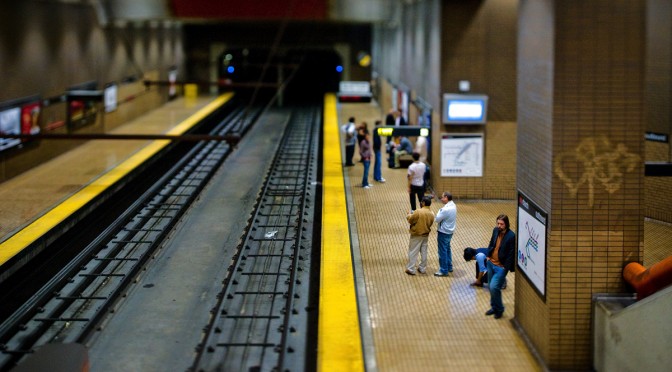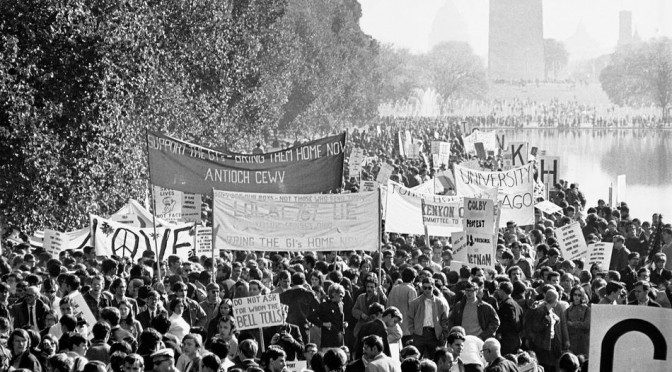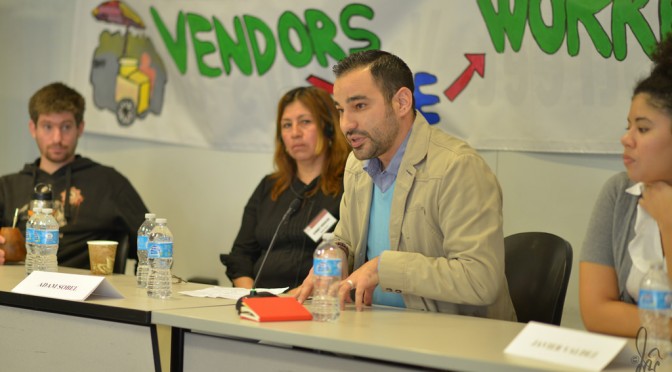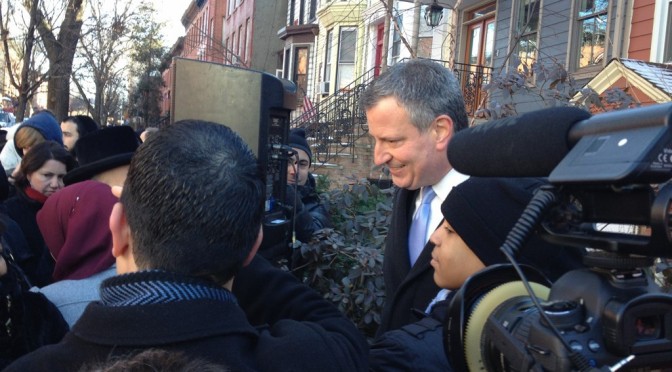The Southern Labor Studies Association (SLSA) announces the Robert H. Zieger Prize for the best essay in Southern Labor Studies. This prize has been established with the cooperation of the Zieger family and members of the SLSA. The SLSA encourages the study and teaching of southern working-class history, and builds connections between labor activists and academics to encourage a greater understanding of the diverse experiences and cultures of workers in the South, broadly defined.
This prize will be awarded every two years to the best article in southern labor studies submitted by a graduate student or early career scholar, journalist, or activist (“early career” being defined as no more than five years beyond the author’s highest degree).







